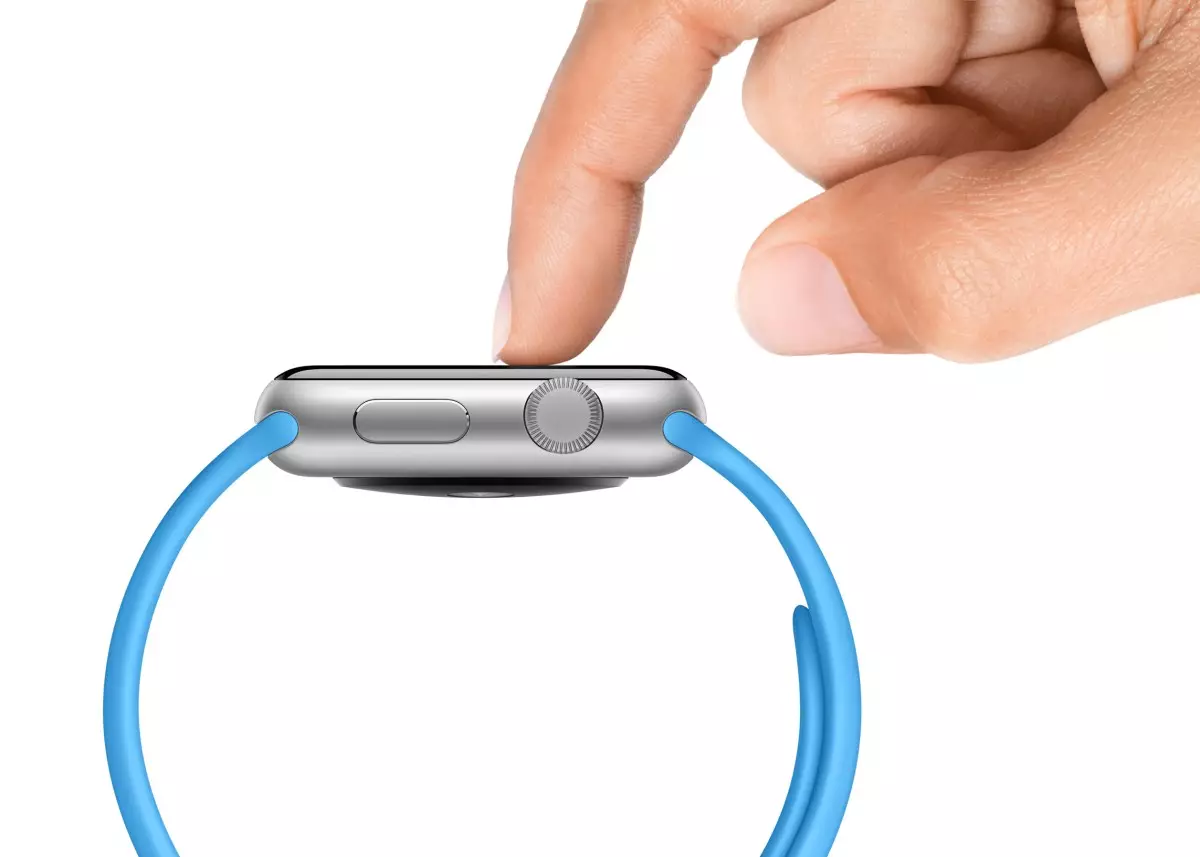In a significant legal development, Apple Inc. has agreed to a $20 million settlement to resolve a class-action lawsuit concerning battery swelling issues on various models of the Apple Watch. Initiated in 2019, this lawsuit was filed in the U.S. District Court for the Northern District of California and specifically targets the first four iterations of the Apple Watch. The core of the argument revolves around the battery swelling phenomenon, which occurs when heat and gas accumulate within a lithium-ion battery, causing it to expand and potentially damage other internal components due to space constraints.
Battery swelling is a pressing issue in the electronics industry, particularly concerning devices powered by lithium-ion technology. The swelling occurs as a result of abnormal chemical reactions within the battery, leading to the deformation of the battery casing. This situation not only compromises the battery’s integrity but also poses safety risks, including potential device malfunctioning and hazards like fire. As consumers become more conscientious about product safety, the response from major tech companies like Apple is under closer scrutiny.
Despite the sizeable settlement, Apple has firmly denied any wrongdoing associated with the claims made in the lawsuit. In statements made to the press, the company emphasizes that the settlement does not equate to an admission of guilt regarding the allegations of battery swelling. They maintain that their products, including the Apple Watch, are designed with safety and reliability in mind. Cupertino’s tech giant points out that the settlement is a strategic decision to sidestep ongoing legal expenses and complications stemming from a protracted five-year litigation saga.
The settlement is expected to affect numerous consumers who purchased the Original Apple Watch, Series 1, Series 2, and Series 3, all now discontinued. To be eligible for compensation, individuals must have reported issues related to battery swelling to Apple customer service within a specified timeframe, which spans from April 24, 2015, to February 6, 2024. Only residents of the United States are eligible to partake in this settlement. Compensation amounts vary, ranging from $20 to $50, depending on how many complaints were filed during the eligibility period. Affected individuals will receive notifications via postcard or email.
This lawsuit and subsequent settlement emerge in a backdrop of increased attention towards battery safety in consumer technology. Notably, this follows a recent case involving Fitbit, another prominent player in the wearable technology market, which was mandated to pay $12.25 million due to battery overheating issues in its Ionic smartwatch. The convergence of such legal actions reflects a broader industry trend where manufacturers are being held accountable for product safety and consumer protection.
The resolution of this lawsuit brings to light significant implications for both Apple and its customers. For consumers, this ruling may enhance awareness regarding device safety and battery management. As the tech industry evolves, companies may need to prioritize transparent communication and proactive remedies to safety concerns, ultimately fostering trust and brand loyalty among users. As such cases become more prevalent, they also challenge manufacturers to reassess their product designs and safety protocols, ensuring that similar issues do not arise in future innovations.

